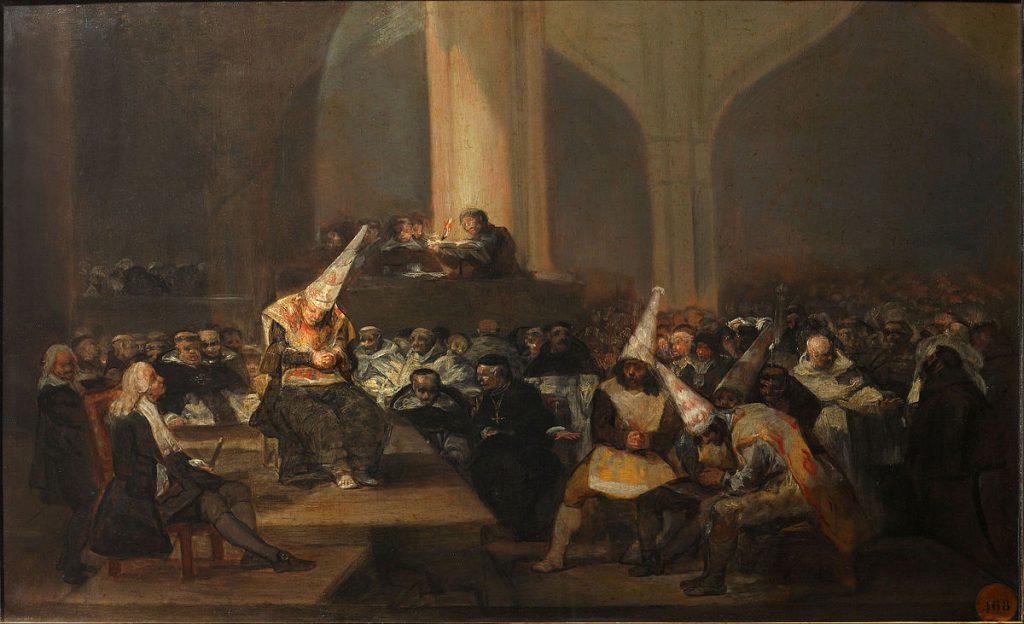
Published May 23, 2019
The motu proprio released earlier this month by Pope Francis – Vos estis lux mundi– is not everything the Church in the United States could have hoped for, but it is a good deal more than many expected. And it’s a great lunge forward for the Church globally, much of which still lags far behind the Church in the United States when it comes to the handling of allegations of clerical sexual abuse.
The Church now has universal norms for handling allegations of misconduct by bishops, including not just sexual abuse but the mishandling and cover-up of abuse allegations. It expands the definition of “vulnerable adult” to include the abuse of power and coercion by religious superiors. It puts in place mandatory reporting requirements for all clergy, protections for those who report abuse, and a prohibition on the imposition of silence on those who would report abuse.
A great deal of the document’s effectiveness will depend on its implementation. And as Fr. Murray and others have pointed out, there are gaps and imprecisions that will need filling and clarification. And as we’ve seen all too clearly, just because something is reported to Rome is no assurance that it will be dealt with swiftly or with even a modicum of transparency.Still, to have this degree of reform in place, or at least on the books, less than a year after the McCarrick scandal broke, is no small feat.
One concern about Vos estis is the limited role it envisions for lay review in cases of episcopal malfeasance. Vos estis adopts a version of the so-called “Metropolitan model,” whereby allegations against a bishop go to the metropolitan in that ecclesiastical province. If allegations are against the metropolitan himself, they are to be handled by the senior suffragan.
If bishops investigating bishops doesn’t fill you with confidence, you’re not alone. Vos estis allows for lay involvement in such investigations but does not require it.
Next month’s meeting of the USCCB in Baltimore will be an opportunity for the American bishops to build on the framework laid out in Vos estis. They can start by beefing up the amount of lay involvement in the review of allegations against bishops.
Another aspect of Vos estis that is worth keeping an eye on is the mandatory reporting requirement. Vos estis mandates that every cleric, including bishops, who has even a “well-founded reason to believe” that abuse has occurred, must report that abuse. This includes abuse of “vulnerable adults” under the new broader definition (think seminarians). The reporting requirement even extends to instances in which a cleric has interfered with or avoided – by omission or commission – civil or canonical investigations into abuse allegations.
There’s no way to know how scrupulously this mandatory reporting will be enforced. And the motu proprio doesn’t lay out the penalties for failing to report. But the upshot is that every instance of abuse, and every episcopal failure to handle abuse allegations and investigations properly, must now be reported.
For years, and especially since last summer’s revelations about Theodore McCarrick, Catholics have wanted to know: Who knew what and when? No one knows how many instances of abuse, or mishandling of abuse cases, have gone unreported over the decades. Maybe the new motu proprio will lead to a trickle of new reports.
But there’s also a chance that Vos estis has just opened the ecclesiastical floodgates. The priest who remembers creepy shenanigans from formation staff in his seminary days but never reported it? Now he’s required to report. The priest who worked in the chancery and was pretty sure his bishop was moving abusive priests to keep them out of trouble with the law? He’s obliged to report. The bishop who had reason to believe his brother bishop was taking advantage of seminarians? The priest who knows his bishop was turning a blind eye? The religious brother who was sexually harassed? All these are required to report.
Of course, lay men and women aren’t under the same requirement to report, but they’re free to do so. The motu proprio’s insistence on protections for those who report and its prohibition on imposed silence on those who might otherwise report could turn a stream of new reports into a torrent.
Maybe I’m being too cynical about the number of skeletons in the closet of the Catholic Church in this country. Maybe I’m not cynical enough about the reticence of clergy to report old incidents that may not even directly involve them just because some new motu proprio says that have to. Maybe.
But I think chanceries can expect a busy summer.
If the chanceries are going to be busy, I expect Rome is going to be inundated. Not only can they expect a slew of new cases, Vos estis has the Curia on deadline. When a report against a bishop comes to Rome, the dicastery assigned the case has thirty days to respond with instructions on how to proceed. The Metropolitan (or senior suffragan) investigating a case has ninety days to investigate, and must send monthly reports to Rome during the investigation.
Here in the United States, much of the infrastructure for handling these cases and investigations already exists. That’s simply not the case in many parts of the world. If Americans are likely to want our bishops to push full-speed ahead and be as aggressive as possible in enforcing Vos estis, the enforcement and implementation of the motu proprio in other parts of the world will be much more difficult – either because of cultural resistance to the reforms, or because of simple lack of resources and personnel.
A year after the McCarrick scandal broke, Vos estis has put the Church on much surer footing for addressing the abuse crisis. And if it’s not everything the Church in this country needs, it does lay a solid foundation for the work that needs to be done by our own bishops. In June, in Baltimore, we’ll see if they’re up to the task. The ball is in their court.
© 2019 The Catholic Thing. All rights reserved.
Stephen P. White is a fellow in Catholic Studies at the Ethics and Public Policy Center in Washington.











